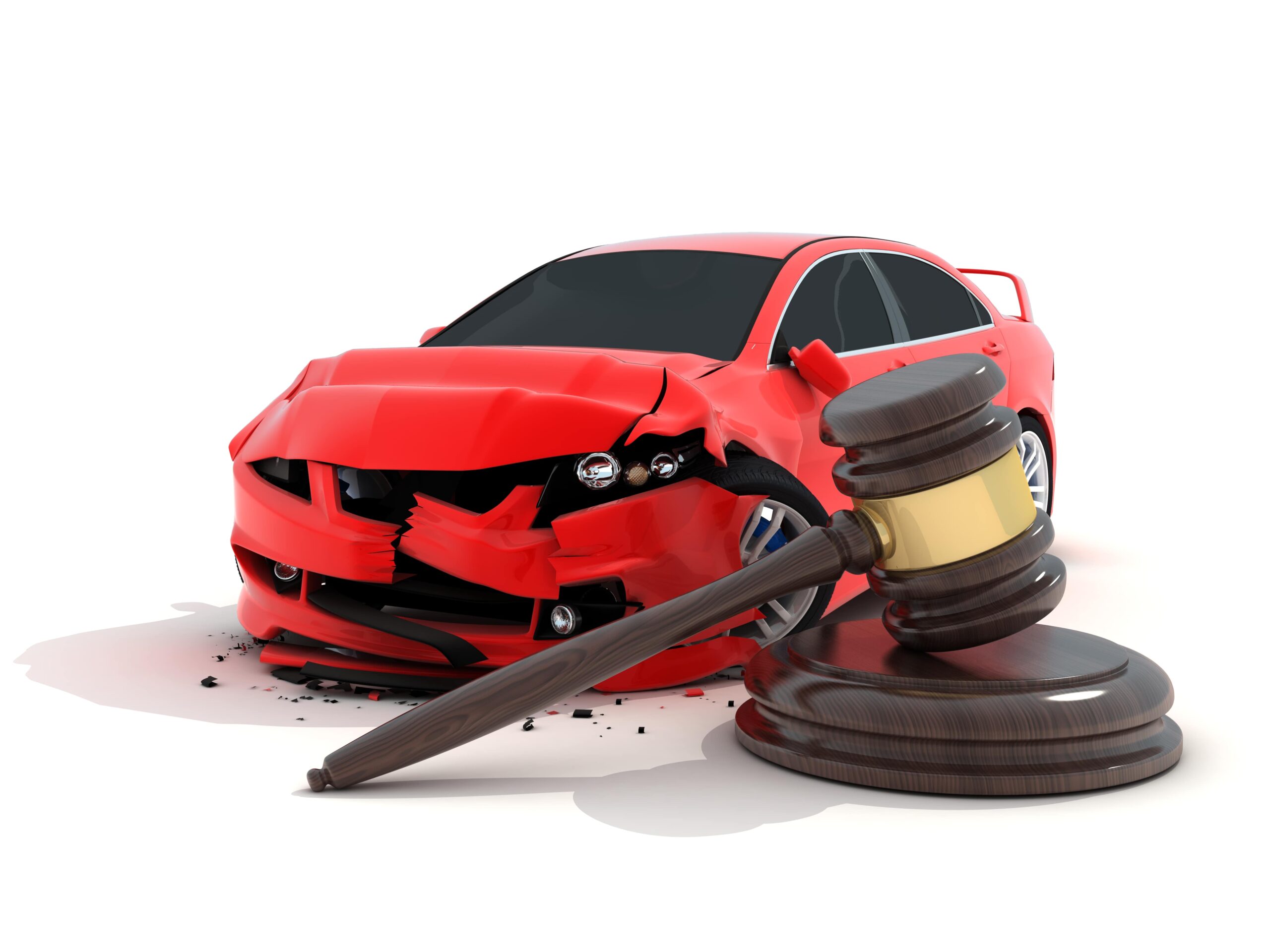Car Accident Lawyer
In the aftermath of a car accident, emotions run high, and it’s essential to be cautious about what you say. The words spoken immediately following a collision can have a significant impact on insurance claims, liability, and legal proceedings.
- Apologizing or Admitting Fault: One of the most crucial things to remember is to avoid apologizing or admitting fault after a car accident, even if you believe you may have contributed to the incident. Admitting fault can be used against you during insurance negotiations or legal proceedings. Instead, focus on ensuring everyone’s safety and cooperate with the necessary procedures. It’s best to let insurance companies, law enforcement, and legal professionals determine liability based on the evidence.
- Speculating or Making Assumptions: In the immediate aftermath of a car accident, it’s common to be uncertain about what happened. Avoid speculating or making assumptions about the cause or fault of the accident. It’s essential to stick to the facts and provide an accurate account of what you observed without adding any personal opinions or guesses. Speculation or assumptions can be misinterpreted and potentially harm your case if the details differ from later findings.
- Accepting Immediate Settlement Offers: Insurance adjusters may approach you soon after the accident with settlement offers. It is crucial to avoid accepting any immediate offers without consulting a lawyer or thoroughly assessing the extent of your injuries and damages. Often, the full scope of injuries and related expenses may not be immediately apparent. Consulting with legal professionals, like a car accident lawyer from a law office such as The Eskesen Law Firm, can help ensure you receive fair compensation that adequately covers medical bills, property damage, lost wages, and potential long-term consequences.
- Downplaying Injuries or Damages: Avoid downplaying your injuries or damages sustained in the accident. Adrenaline and shock can mask pain or symptoms initially, leading you to believe you are unharmed. However, some injuries may manifest later or have long-term effects. Seek medical attention promptly and provide accurate details about your injuries during medical examinations. Downplaying injuries or damages can be used against you later when pursuing compensation, so it’s crucial to be honest and transparent about your condition.
- Making Statements Without Legal Representation: Before providing any official statements to insurance companies or the opposing party’s legal representatives, it is strongly advised to seek legal representation. A lawyer who is experienced in personal injury law can guide you through the process, protect your rights, and ensure you don’t make statements that may harm your case. They can help you navigate complex legal procedures, negotiate with insurance companies, and advocate for your best interests, allowing you to make informed decisions without compromising your position.
Following a car accident, it’s crucial to exercise caution with your words. Avoid apologizing or admitting fault, refrain from speculating or making assumptions, and consult legal professionals before accepting settlement offers or providing official statements. By being mindful of what not to say, you can protect your rights, maximize your chances of a fair outcome, and ensure your best interests are safeguarded throughout the process. Call a local law office for help now.

